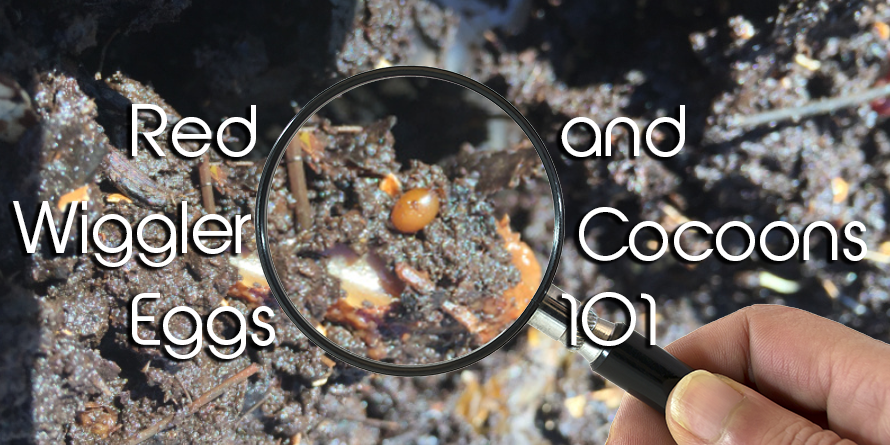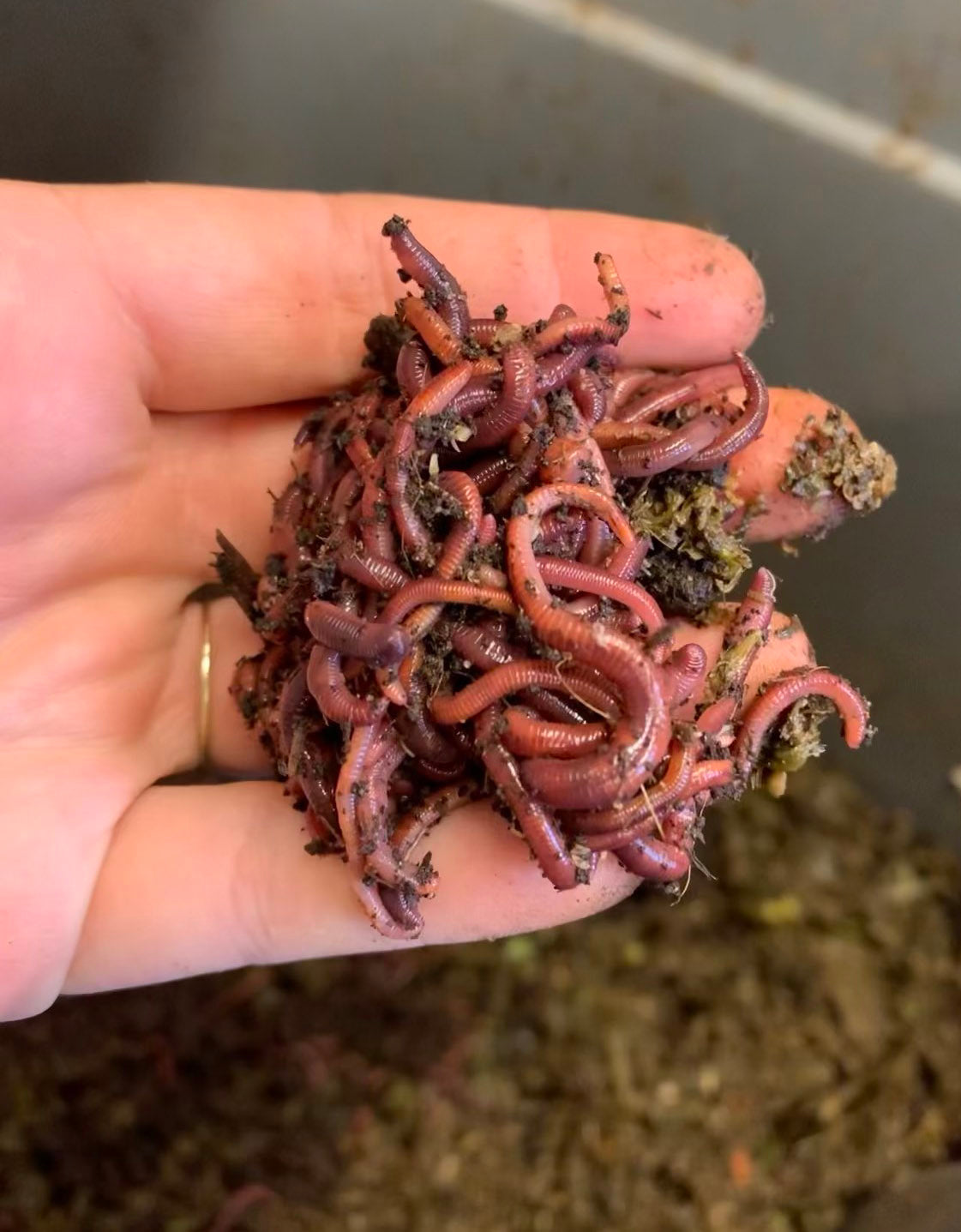Unlock the Tricks of Red Wigglers: Your Overview to Composting Success
The combination of red wigglers into composting techniques presents a significant chance for boosting soil health and wellness and advertising sustainability. These microorganisms are not just reliable recyclers of organic waste; they offer a myriad of advantages that can change garden management. Understanding their requirements and habits is vital for optimizing their capacity, from establishing an appropriate worm container to feeding them the appropriate products. As we discover the essential elements of effective vermicomposting, one may ask yourself how these small animals can cause an extra dynamic and productive yard environment.

What Are Red Wigglers?
(Lake Rhodhiss Bait)Red wigglers, clinically understood as Eisenia fetida, are a types of earthworm largely utilized in composting due to their impressive capacity to break down natural issue effectively. These worms are defined by their reddish-brown pigmentation and a fractional body, typically measuring between 3 to 4 inches in length. Unlike other earthworm varieties, red wigglers thrive in rich, natural environments, making them optimal for vermicomposting systems.
Belonging To The United States And copyright, they are typically located in decaying leaves and compost heap, where they play an important role in nutrient recycling. Their adjustment to living in a damp, aerobic environment allows them to take in large quantities of natural waste, breaking it down into nutrient-rich spreadings that boost dirt wellness.
Red wigglers replicate swiftly, with a solitary worm efficient in producing a number of cocoons each week, each including multiple hatchlings. This fast recreation rate adds to their efficiency in composting operations. They prefer temperature levels between 60 ° F and 80 ° F, and their task level boosts significantly within this array, additional helping in the decomposition procedure. Recognizing the biology and habits of red wigglers is crucial for optimizing their possibility in composting applications.
Advantages of Using Red Wigglers
Using the power of red wigglers in composting uses many benefits that enhance dirt health and wellness and advertise lasting waste monitoring. These amazing microorganisms effectively damage down raw material, transforming kitchen area scraps and backyard waste right into nutrient-rich vermicompost. This completed item is incredibly advantageous for plant growth, as it boosts dirt framework, increases moisture retention, and enhances nutrient schedule.

(Red Wiggler Express)Furthermore, the existence of red wigglers in your composting system can accelerate the composting process, producing premium compost in a portion of the time compared to conventional techniques. The spreadings created by these worms are likewise bursting with beneficial microorganisms that even more improve the dirt ecological community.
Establishing Up Your Worm Bin
Producing an effective worm container is a simple process that can considerably improve your composting initiatives. Worm containers can be made from plastic storage space containers, wood boxes, or commercially readily available worm bins.
Next, prepare the bed linen product, which offers as the worms' habitat. A mix of shredded paper, cardboard, and coconut coir functions well, giving a comfortable setting for the worms.

Feeding Your Red Wigglers
To make sure the wellness and productivity of your red wigglers, it is necessary to give them with a well balanced diet regimen that meets their dietary demands. Red wigglers flourish on a varied variety of natural materials, which not only supply necessary nutrients yet also promote reliable composting.
Begin by incorporating kitchen scraps such as vegetable peels, fruit cores, and coffee premises. Stay clear of citrus fruits, onions, and garlic, as these can be detrimental to worm health and wellness. In addition, introduce shredded paper, cardboard, and completely dry fallen leaves to create a well-aerated environment.
Feeding frequency should be checked; normally, worms can consume half their body weight in food weekly. It is important to avoid overfeeding, as excess food can cause unpleasant smells and draw in bugs. A great technique is to include food in little amounts, allowing worms to process it prior to introducing extra.
Preserving moisture degrees is additionally vital; the bed linen should be moist yet not soaked. Lastly, make certain to consistently inspect the temperature level and pH levels of the container to guarantee an optimal atmosphere for your red wigglers, eventually boosting their composting effectiveness.
Harvesting and Making Use Of Compost
A successful composting procedure with this content red wigglers finishes in the rich, dark garden compost referred to as vermicompost, which can dramatically enhance dirt health and plant growth. Gathering this nutrient-dense product commonly occurs every 3 to 6 months, depending upon the dimension of your system and the quantity of organic matter being refined.
To collect, gently different the garden compost from the worms and any undecomposed materials. One reliable approach involves moving the components of the container away and adding fresh bed linen and food to the empty room, urging the worms to move. After a few days, the garden compost can be gathered from the contrary side.
It is important to make use of vermicompost appropriately to maximize its advantages. It can be made use of as a top dressing for garden beds, blended into potting soil, or brewed right into a nutrient-rich fluid plant food called "worm tea." This application approach aids to supply necessary nutrients straight to plant origins, advertising much healthier development. By incorporating vermicompost into your horticulture program, you not just recycle natural waste but also develop a thriving ecosystem that supports lasting horticulture techniques.
Conclusion
In recap, red wigglers serve as extraordinary allies in composting efforts, changing natural waste into nutrient-rich vermicompost. By recognizing the ideal problems for their environment, feeding needs, and garden compost harvesting methods, garden enthusiasts can enhance dirt wellness and advertise plant vigor.